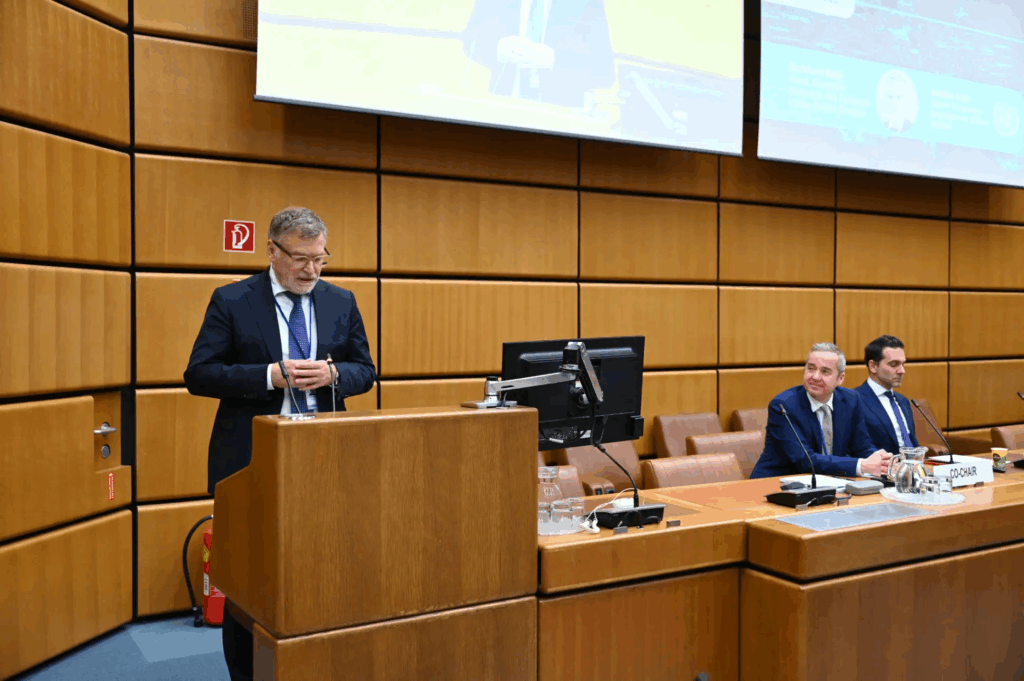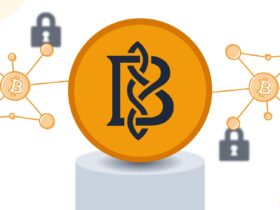The misuse of cryptocurrencies became more sophisticated, complex and organized.
Europol warns that there are gaps in the legislation to dismantle criminal networks.
The criminal use of cryptocurrencies is becoming increasingly professionalized, as is the global response. This was warned by the European Police Office, better known by its acronym Europol.
The statement comes after the 9th World Conference on Criminal Finance and Cryptoassetsan event jointly organized by Europol, the United Nations Office on Drugs and Crime (UNODC) and the Basel Institute on Governance on October 28-29, 2025.
The conference brought together more than 250 in-person participants and more than 1,000 online attendees from different fields. It brought together representatives from law enforcement agencies to prosecutors, regulators, researchers and blockchain intelligence companies.
Burkhard Mühl, head of Europol, explained that “the misuse of cryptographic and blockchain technology for criminal purposes is becoming increasingly sophisticated, complex and organized.”
‘The investigation of these crimes places a significant burden on law enforcement agencies in the Member States of the European Union (EU). “Therefore, Europol will continue to invest in innovation, technology and cooperation with private partners, to fulfill its mandate to support Member States in this matter.”
Burkhard Mühl, head of Europol’s European Financial and Economic Crime Center (EFECC).
According to Europol, law enforcement, private sector partners and academia are rapidly advancing their ability to counter threats posed by sophisticated crimes related to cryptocurrencies and money laundering.


There is cooperation against crime, but it requires improvement
Advanced tools are reducing reliance on manual tracking, while Successful cross-border operations show the power of collaborationadded the agency, which is in line with arrests and seizures reported by CriptoNoticias.
Likewise, he maintained that research and reliable data on the use of cryptocurrencies for criminal purposes are also crucial for governments to assess the risks and respond appropriately.
“Our investigation into scam hubs in Southeast Asia is providing governments and law enforcement with the information they need to disrupt these fast-growing transnational threats,” said UNODC Director John Brandolino.
However, Europol warned that gaps remain in legislation, enforcement and capacity: “Addressing these will primarily require harmonized, evidence-based standards for blockchain investigations and intelligence, the topic of one of this year’s working sessions.”
Action against cryptocurrency crime needs to hurry up
The borderless nature of blockchain networks means that criminal proceeds can cross the world in seconds, while formal cooperation between authorities can still take days or weeksindicated from Europol.
In this sense, he reported that the participants of the event agreed that faster inter-institutional channels, as well as closer coordination between investigators and prosecutors, are vital.
He also specified that Public-private partnerships have been instrumental in disrupting illicit cryptocurrency activitybut they must be improved and scaled. This was a key theme on the first day of the conference, dedicated to cross-sector collaboration.
“Cryptocurrencies are now a common feature of financial crime investigations, but many agencies still lack the skills and resources to pursue clues or recover assets. “It is essential to develop specialized equipment and improve the skills of frontline officers.”
European Police Office (Europol).
For Elizabeth Andersen, executive director of the Basel Governance Institute, there is a great opportunity here: “Through hands-on training and peer-to-peer learning, countries can develop the capacity to detect and track cryptoassets linked to crime, and recover them for the benefit of victims and society at large.”
“As traditional and decentralized finance merge, clearer channels for information exchange between banks and virtual asset service providers will greatly strengthen efforts to detect and disrupt illicit finance,” Ned Conway, the executive secretary of the Wolfsberg Group, said at a side event.





Leave a Reply